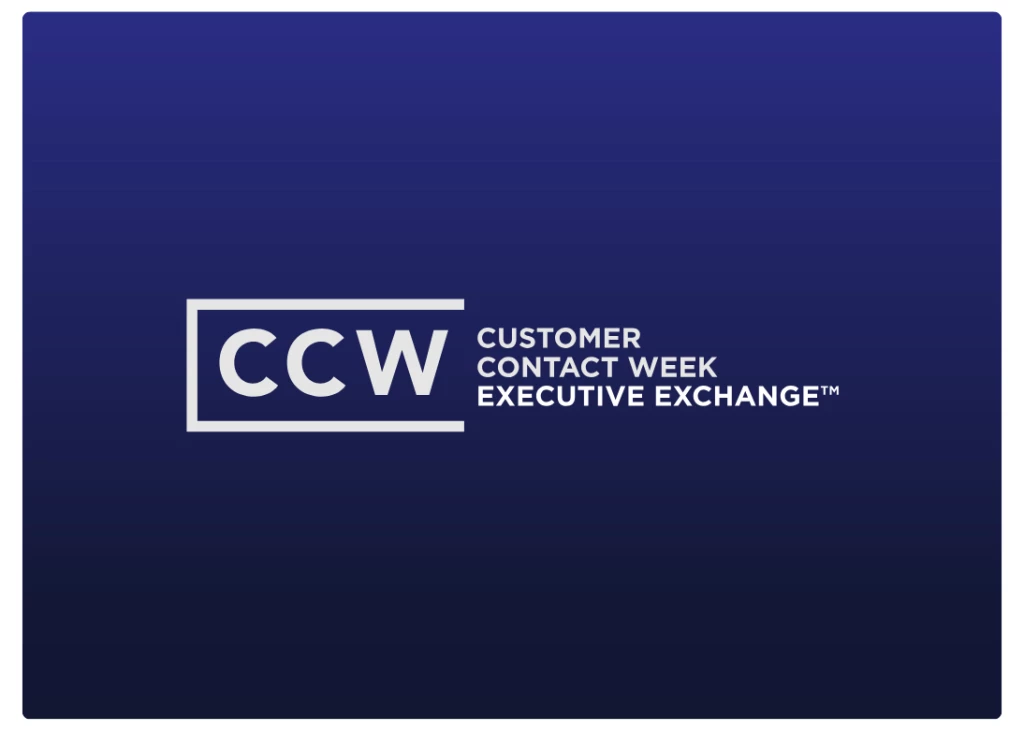Contentious Customer Service Coming With Lower Debit 'Swipe Fees'
Add bookmarkThe best efforts of bank lobbyists, several senators, a filibuster and millions of dollars just weren't enough. Last week, the Senate rebuffed months of attempts to overturn its decision to drastically lower "swipe fees" – a 44-cent fee banks charge businesses for each debit transaction. The battle’s result, pitched as a win for Main Street over Wall Street, lowers the fee to 12 cents in an attempt to aid small businesses and consumers.
But the benefits that businesses and consumers could see might hurt the relationship between businesses and consumers, and particularly between banks and consumers. In short, customer experience might see a setback. The impetus behind the Senate’s push to lower the fees was a Federal Reserve study that concluded banks were charging exorbitant fees to businesses for debit card transactions. The Fed found that banks could cover their costs for processing and protecting debit transactions with a significantly reduced fee. The Senate tasked the Fed with finding an appropriate fee; it came up with 12 cents.
[eventPDF]
Ostensibly, come July 21 when the new fee goes into effect, more money will get kicked back to businesses’ pockets, lowering prices for consumers. Due to prices accounting for the current 44-cent fee, the average American household pays an additional $427 each year on purchases using debit card transactions. But few people realize that, and that’s part of the problem.
Small businesses are not required to reduce prices commensurate with the reduced fees. With consumers in the dark about the charge, there is likely to be little pressure to do so. Annie Lowery of Slate notes that businesses might have more incentive to use the extra money to pay their workers more, hire additional staff, or invest in new technologies or opportunities for their business. Consumers – and the economy – might see long-run, if not obvious, benefits from these investments. Sandra Block of USA Today points out that with credit card transaction fees remaining stagnant, businesses might offer discounts for debit card purchases to save themselves money.
But the real concern is the $15 billion revenue windfall the banks will be facing, which they are not going to take lying down. Many Americans have gravitated to debit cards in recent years due to the strong incentives and quality customer experience. Banks have overtly insinuated that this benevolent relationship stands to change with the new laws – significantly affecting the customer service good will banks have accumulated since the bailout and Wall Street collapse.
Free checking, free ATM withdrawals, free paper statements or copies of blank checks, low interest rates, fewer debit card rewards; all are set to expire according to bank analysts. Chase already looked into a program that would charge $5 for non-Chase members to withdraw money from its ATMs. The National Association of Federal Credit Unions indicated that over two-thirds of its members – many of them smaller, regional banks – are planning to eliminate free checking once the lower fees are implemented. More than half added that they would also lower the interest rate on savings accounts. Some have also investigated raising interest rates on loans.
A potential silver lining might be the increased credit card reward programs banks will likely offer to sway customers away from debit cards. This will correlate with reduced rewards for debit cards, however. Block mentioned several major banks - SunTrust, Wells Fargo, JPMorgan Chase and PNC Bank - have already told customers of the conclusion of debit reward programs. Not all debit card users will be able to easily switch over to lucrative credit card programs, though. With credit cards much more descriminating about a client's financial history and credit rating, some bank users could be left out in the cold. It will also take significant incentive to bring many customers back to credit cards after the credit crisis during the recession scared many customers from the credit mentality.
All told, customers and businesses will both benefit in some way from the Senate's capped "swipe fee." It might just be time to prepare for some contentious customer service relationships while the whole thing gets sorted out.





















